Gesundheit! Evidently, it’s not just what you say to a sneezing German. Another meaning for the word is “health.” If you’re going to a German-speaking country, you’ll probably need some words and phrases to visit the hospital, doctor, or dentist. This time, you’ll learn essential German hospital vocabulary and medical terms to help you make it through your first appointment.
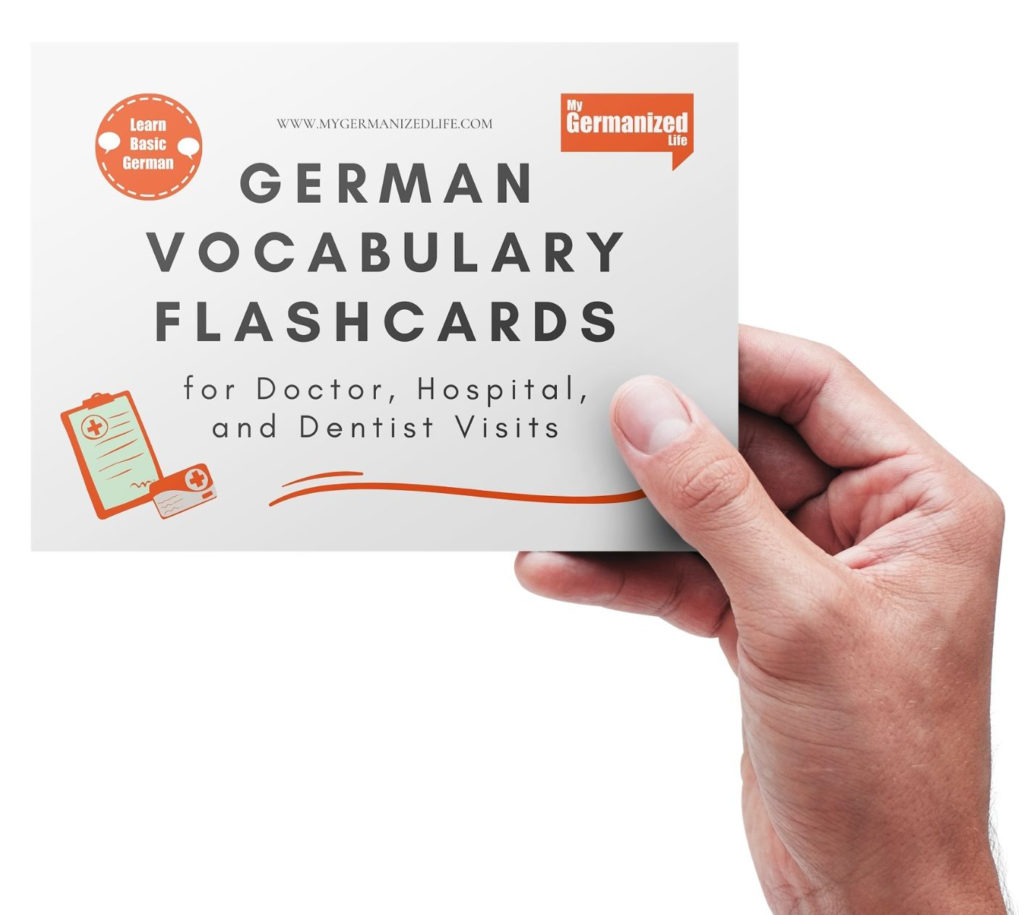
Below, you can download your free German doctor, hospital, and dentist vocabulary pdf flashcards.
In the beginning, you probably already learned much of the German food vocabulary you need to satisfy your tastebuds in Germany. Firstly, I typically learn the foods fastest when learning a foreign language since I see the words printed on the labels and shelves every day. Secondly, the most vital vocabulary to learn before you get to Germany is German hospital vocabulary.
Why? To clarify, a medical emergency, chipped tooth, or mental health breakdown could send you to the ER (or dentist) when you least expect it.
On one hand, many medical professionals speak English. But the ability to express yourself clearly and understand what’s going on around you in an emergency can alleviate the stress of the situation. In addition, you may need to pick up medicine at the pharmacy (Apotheke). But what if the pharmacists don’t speak much English.
Simple Phrases With German Hospital Vocabulary
In practice, learning German hospital vocabulary can be a challenge. But it can be even more intimidating when it comes to the doctor’s office. Although you want to understand everything being said to you, it can be hard to know how to start. However, learning medical terms in German can be an easy process with some practice and some tips.
Get started with some simple phrases:
- Ich habe Kopfschmerzen. (I have a headache.)
- Ich bin krank. (I am sick.)
- Bitte helfen Sie mir! (Please help me!)
- Mein ____ tut weh. (My ____ hurts.)
- Ich habe einen Termin um ___ Uhr. (I have an appointment at ____ o’clock.)
- Sind Sie gegen irgendetwas allergisch? (Do you have any allergies?)
- Bitte nehmen Sie Platz. (Please have a seat.)
The first thing about learning medical terms in German is that there are some key differences between English and German pronunciation. For example, many of the sounds are pronounced differently than in other languages. However, the differences make it difficult for native English speakers (or any other language) to understand what’s being said.
Check out my German Pronunciation Guide for the basics to get you speaking.
General Must-Know German Hospital Vocabulary
Below are some general medical terms and German hospital vocabulary that can help you understand the basics.
- ansteckend – contagious
- der Arzt, die Ärztin – the male doctor, the female doctor
- behandeln – to treat (a patient)
- der Blutdruck – the blood pressure
- bluten – to bleed
- die Blutprobe – the blood test
- der Chirurg, die Chirurgin – the male surgeon, the female surgeon
- der chirurgische Eingriff – the surgery
- die Gehirnerschütterung – the concussion
- die Gesundheit – the health
- das Krankenbett – the hospital bed
- das Krankenhaus – the hospital
- der Krankenwagen – the ambulance
- die Krankenschwester – the nurse
- die Krankenversicherung – the health insurance
- das Krankenzimmer – the hospital room
- die Krankschreibung – sick note for work
- der Notarzt, die Notärztin – the emergency physician (male/female)
- der Patient, die Patientin – the male patient, the female patient
- der Rollstuhl – the wheel chair
- die Schwangerschaft – the pregnancy
- das Symptom – the symptom
- der Termin – the appointment
- das Thermometer – the thermometer
- untersuchen – to examine
- das Verband – the bandage
- die Versicherungskarte – the insurance card
- die Verletzung – the injury
Remember, you want to review your flashcards once a week. Then, the vocabulary doesn’t slip your head too quickly.
How to Talk About Anatomy in German
The first step is finding the source of your pain, other than your strict German roommates. Moreover, by learning the names of body parts in German, you can tell the doctor where the problem is with more accuracy. Accordingly, it’s time to learn some of the most common body parts in German. After all, you will need these words at the doctor in Germany.
General Anatomy Terms in German
- die Arterien – the arteries
- die Blutgruppe – the blood type
- das Gehirn – the brain
- der Knochen – the bone
- der Körper – the body
- der Muskel – the muscle
- die Nerven – the nerves
- der Rücken – the back
- der Rumpf – the torso
- die Venen – the veins
Head and Face Vocabulary
- das Auge – the eye
- das Gesicht – the face
- der Kiefer – the jaw
- das Kinn – the chin
- der Kopf – the head
- die Kopfhaut – the scalp
- die Lippen – the lips
- der Mund – the mouth
- die Nase – the nose
- das Ohr – the ear
- die Stirn – the forehead
- die Zahn – the tooth
- die Zähne – the teeth
- die Zunge – the tongue
Upper Body Vocabulary
- die Achsel – the armpit
- der Arm – the arm
- der Bauch – the stomach
- der Bauchnabel – the belly button
- die Brust – the chest
- der Ellbogen – the elbow
- der Hals – the throat
- der Nacken – the neck
- die Rippen – the ribs
- die Schulter – the shoulder
- der Unterarm – the forearm
- der Unterleib – the abdomen
- die Wirbelsäule – the spine
Lower Body Vocabulary
- das Becken – the pelvis
- das Bein – the leg
- das Fußgelenk – the ankle
- die Hüfte – the hips
- das Knie – the knee
- der Oberschenkel – the thigh
- die Wade – the calf
Hands and Feet Vocabulary
- der Daumen – the thumb
- der Finger – the finger
- der Fingernagel – the fingernail
- der Fuss – the foot
- die Hand – the hand
- die Handfläche – the palm of the hand
- das Handgelenk – the wrist
- der Zeh – the toe
- der Zehennagel – the toenail
Body Organs Vocabulary
- die Blase – the bladder
- das Blut – the blood
- die Haut – the skin
- das Herz – the heart
- die Leber – the liver
- die Lunge – the lungs
- der Magen – the stomach
- die Niere – the kidney
These body part names in German should be enough to explain the most common medical ailments from head to toe.
Your Senses and Perception
If you’re having issues with your vision, hearing, or sense of taste, the German nouns and verbs below can help you describe your issues.
- das Gleichgewicht – the balance
- im Gleichgewicht halten – to stay balanced
- das Gehör – the hearing
- hören – to hear
- der Geruchssinn – the sense of smell
- riechen – to smell
- der Geschmacksinn – the sense of taste
- schmecken – to taste
- das Sehvermögen – the eyesight
- sehen – to see
- der Tastsinn – the sense of touch
- berühren – to touch
For the most part, the more frequently you use these words in sentences, the faster you learn them. When reading these lists for the first time, don’t expect to remember every word, or even very many. In other words, repetition is the key to getting vocabulary to become memorable.
Names for Doctors and Specialists in German
You need to know some names of doctors and specialists in German. Specifically, if you ever have to Google a nearby practice, you’ll know what to type into the search bar.
- Anästhesist – anesthetist
- Apotheker – pharmacist
- Augenarzt – optometrist
- Chirurg – surgeon
- Embryologe – embryologist
- Endokrinologe – endocrinologist
- Gastroenterologe – gastroenterologist
- Geriater – geriatrician
- Gynäkologe/Geburtshelfer – gynecologist/obstetrician
- Hals-Nasen-Ohrenarzt – otorhinolaryngologist
- Hämatologe – haematologist
- Hautarzt – dermatologist
- Histologe – histologist
- Immunologe – immunologist
- Kardiologe – cardiologist
- Kinderarzt – pediatrician
- Krankenschwester – nurse
- Neurologe – neurologist
- Onkologe – oncologist
- Orthopäde – orthopedic surgeon
- Parasitologe – parasitologist
- Psychiater – psychiatrist
- Psychologe –psychologist
- Radiologe – radiologist
- Rheumatologe – rheumatologist
- Urologe – urologist
- Virologe – virologist
- Zahnarzt – dentist
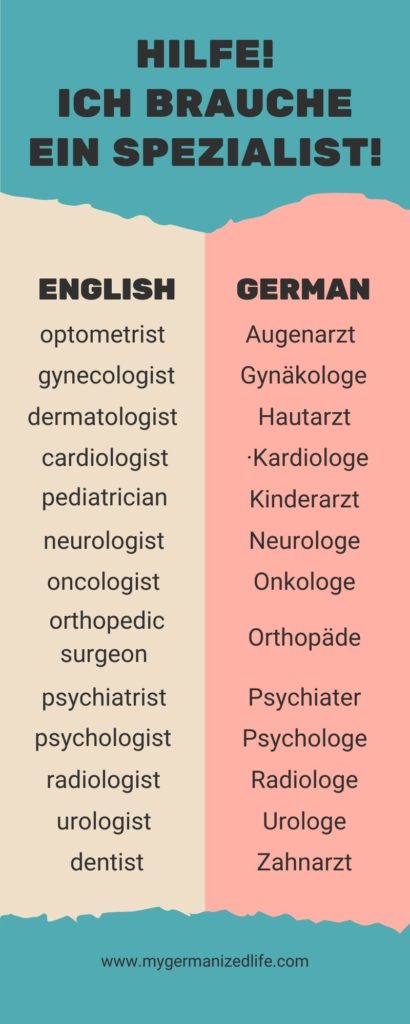
In German, you use “der” for male practitioners and “die” plus the ending “-in” for female practitioners. Also, the stem vowel may change to an umlaut. For example, “der Kinderarzt” or “die Kinderärztin.”
German Hospital Vocabulary
In particular, for some illnesses, you may need to go to a specialist’s office. But you may need the hospital or maternity ward in other cases. Below are some places you might need when you feel under the weather.
- die Entbindungsstation – the maternity ward
- die Intensivpflege – intensive care
- das Krankenhaus – the hospital
- das Labor – the laboratory
- die Patientenaufnahme – patient admission area
- die Pflegestation – nursing station
- die Praxis – the doctor’s office
- die Röntgenaufnahme – the x-ray room
- das Sprechzimmer – the consultation room
- die Notaufnahme – the emergency room
- die Sprechstunde – consultation hours
- das Wartezimmer – the waiting room
If you have an emergency in Germany, you can call 112 for help.
Vocabulary for Illnesses and Injuries in German: Part 1
Once you arrive at the correct doctor’s office or specialist, you’ll need to describe your illness or ailment. Following are some helpful words to talk about your sickness in German.
- der Abszess – the abscess
- ADS (Aufmerksamkeits-Defizit-Störung) – ADD (Attention Deficit Disorder)
- die Akne – the acne
- die Allergie – the allergy
- die Alzheimer Krankheit – Alzheimer’s disease
- die Arthritis – the arthritis
- das Asthma – the asthma
- die Blutvergiftung – the blood poisoning
- der Bluthochdruck – the high blood pressure
- die Bronchitis – the bronchitis
- die chronische Krankheit – the chronic disease
- der Diabetes
- der Diabetiker/die Diabetikerin – the diabetic
- der Durchfall – the diarrea
- die Entzündung – the infection
- die Epilepsie – the epilepsy
- die Erkältung – the cold
- der Knochenbruch – the bone fracture
- die kollabierte Lunge – the collapsed lung
- die Kopfschmerzen – the headache
- der Krebs – the cancer
- die Krankheit – the illness
- die Kreislaufstörung – the circulatory problem
- das Fieber – the fever
- die Gallensteine – the gall stones
- die Gelbsucht – the jaundice
- die Geschlechtskrankheit – the STD
- das Geschwür – the ulcer
- die Gesundheit – the health
- die Grippe – the flu
Vocabulary for Illnesses and Injuries in German: Part 2
- der Herzinfarkt – the heart attack
- das Herzklopfen – the heart palpitations
- die Herzkrankheit – the heart disease
- der Heuschnupfen – the hay fever
- der Leistenbruch – the hernia
- die Lebensmittelallergie – the food allergy
- die Lungenentzündung – the pneumonia
- die Migräne – the migrain
- die multiple Sklerose – the multiple sclerosis
- die Nebenwirkungen –the side effects
- der Nierenstein – the kidney stone
- das Nierenversagen – the renal failure
- die Parkinson-Krankheit – Parkinson’s disease
- das Rheuma – the rheumatism
- der Schlaganfall – the stroke
- das Schleudertrauma – the whiplash
- die Schnittwunde – the cut
- der Schnupfen – the cold
- die Schuppen – the dandruff
- die Schuppenflechte – the psoriasis
- das Sodbrennen – the heart burn
- der Sonnenbrand – the sunburn
- die Tollwut – rabies
- die Unfruchtbarkeit – the infertilitty
- die Verstauchung – the sprain
- der Vitaminmangel – the vitamin deficiency
- die Wunde – the wound
Indeed, learning German hospital vocabulary can be a daunting task. First, there are so many words and phrases to remember. Secondly, it’s hard to know where to start. But the best way to learn German medical vocabulary is by using them in everyday conversation, reading them aloud, and writing them down.
Describing Your Symptoms With German Hospital Vocabulary
Obviously, it’s always good to know what options you have and what the word for “pain” means in German. But it’s also essential to ask questions about specific symptoms to get the proper care when you need it.
- die allergische Hautreaktion – the allergic skin reaction
- die Atemlosigkeit – the breathlessness
- das Erbrechen – the vomiting
- das Husten – the coughing
- das Jucken – the itching
- das Kältegefühl – the chills
- das Kribbeln – pins and needles feeling
- das Keuchen – the wheezing
- die laufende Nase – the runny nose
- die Magen-Darm-Beschwerden – gasstrointestinal complaints
- die Schlaflosigkeit – the insomnia
- der Schleim – the pflegm
- der Schmerz – the ache or pain
- die Schwellung – the swelling
- schwindelig sein – to be dizzy
- die Übelkeit – the nausea
- die Verstopfung – the constipation
Given these points, you can listen to podcasts or watch videos about health topics in German to improve your listening comprehension. Also, you’ll learn how to use medical terminology when speaking with others about issues like flu shots or sinus infections.
German Phrases for Visiting the Doctor
The phrases below can help you learn how to use your German hospital vocabulary in context.
- Ich möchte einen Termin vereinbaren. (I’d like to make an appointment.)
- Ich brauche einen Termin für meinen Sohn/Tochter/Ehemann/Ehefrau/Mutter/Vater vereinbaren. (I need an appointment for my son/daughter/husband/wife/mother/father)
- Kann ich mit jemandem auf Englisch sprechen? (Can I speak to someone in English?)
- Ich habe einen Termin bei Dr. Smith. (I have an appointment with Dr. Smith.)
- Ich bin wegen meiner jährlichen Untersuchung hier. (I’m here for my annual exam.)
- Ich bin hier, um mir ein Rezept auffüllen zu lassen. (I’m here to have a prescription filled.)
- Ich habe (Schmerzen). (I have pain.)
- Können Sie mir etwas verschreiben? (Can you prescribe something for me?)
- Ich brauche eine Krankschreibung für die Arbeit. (I need a sick note for work.)
- Haben Sie Informationen über die langfristigen Auswirkungen der Einnahme dieses Medikaments? (Do you have information about the long-term effects of taking this medication?)
Typically, you’ll use the formal Sie (you) in doctor’s offices.

German Vocabulary for Pharmacy Shopping and Prescriptions
Following your visit to the doctor or hospital, you have a prescription to get some medicine. Afterward, you need to visit the pharmacy or Apotheke to get the items the doctor prescribed you. For example, here are some practical words to help you communicate what you need.
- das Abführmittel – the laxative
- das abschwellende Mittel – the decongestant
- die Antibabypille – birth control pills
- das Antibiotikum – the antibiotic
- die Antibiotika – the antibiotics
- der Beipackzettel – the leaflet (inside the medication package)
- das Entzündungshemmende – the anti-inflammatory
- der Gips – the cast
- das homöopathische Arzneimittel – the homeopathic medicine
- der Hustensaft – the cough syrup
- der Impfstoff – the vaccine
- das Insulin – the insulin
- das Kondom – the condom
- die Krücke – the crutches
- die Maske – the mask
- die Medizin – the medicine
- das Nasenspray – the nasal spray
- das Pflaster – the bandage
- das Rezept – the prescription
- die Salbe – the ointment
- die Schiene – the splint
- die Schmerztablette – the painkiller
- der Schwangerschaftstest – the pregnancy test
- die Sonnencreme – the sunscreen
- die Tablette – the pill
- das Thermometer – the thermometer
- der Verbandkasten – the first-aid kit
- das Vitamin – the vitamin
Your German Apotheker (male pharmacist) or Apothekerin (female pharmacist) might even include a free pack of tissues or cough drops with your purchase.
German Vocabulary to Use at the Dentist
Learning the vocabulary for German dentists can be tricky, but it doesn’t have to be! Before you head to the dentist, remember to buy the following when you get to Germany:
- das Mundwasser – the mouthwash
- die Zahnbürste — Toothbrush
- die Zahnpasta — Toothpaste
- die Zahnseide —Dental floss
Here are some more words to get you started.
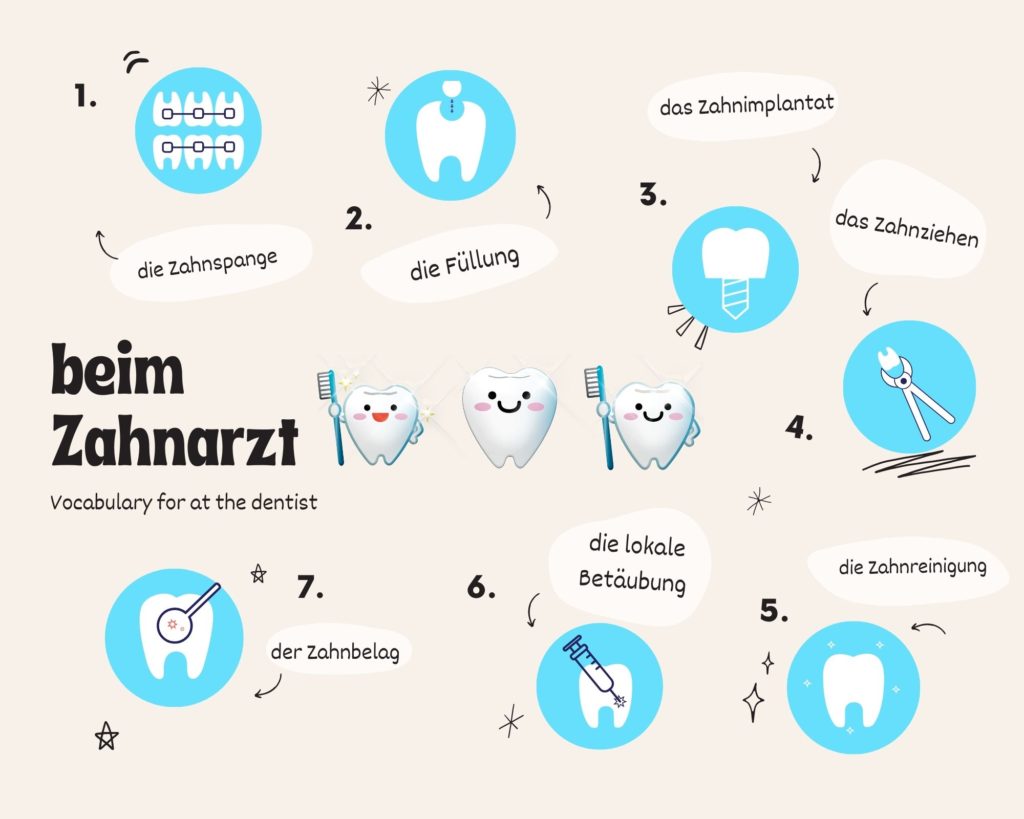
The Teeth in German
Learn the basic terms for different teeth in German so you can tell the dentist precisely where the problem is located.
- der Zahn – the tooth
- die oberen Zähne – the upper teeth
- die unteren Zähne – the lower teeth
- der Backenzahn – the molar
- der Prämolar/der vordere Backenzahn – the premolar tooth
- der Schneidezahn – the incisor
- der Weisheitszahn – the wisdom tooth
- die Wurzel – the root
- das Zahnfleisch – the gum
- das Zahnmark – the tooth pulp
- der Zahnschmelz – the tooth enamel
If you want to learn more dental vocabulary in German, try searching for one of the words on these lists on your favorite social media platform.
Describing Tooth Problems in German
Below are some tooth problems and their names in German.
- der Abszess – the abscess
- die Karies – the cavities
- die Schwellung – the swelling
- der Zahnbelag – the plaque
- die Zahnfleischschwellung – gum inflammation
- die Zahnmarkentzündung – nerve inflammation
- der Zahnstein – the tartar
Notice how many words are a combination of the tooth (Zahn) + another word, like “layer” (Belag). But by learning the meanings of stem words like Belag, you can grow your vocabulary effortlessly. Then, you’ll know how to deduce new vocabulary meanings based on their components.
Dental Procedures in German
Understanding the names of a few dental procedures in German can make your visit to the dentist much more comfortable.
- das Amalgam – gray filling
- die Aufbissschiene – dental guard
- die Brücke – the bridge
- die Füllung – the filling
- die Kieferorthopädie – orthodontics
- die Keramikkrone – the ceramic cap
- der Komposit – white filling
- die Krone – the Crown
- die lokale Betäubung – the local anesthetic
- das Röntgen – the x-ray
- die Wurzelbehandlung – the root canal
- zahnärztlich – dental
- die Zahnaufhellung – the tooth whitening
- das Zähneputzen – the teeth cleaning
- das Zahnimplantat – the dental implant
- die Zahnprothese – the dentures
- die Zahnreinigung – the dental cleaning
- die Zahnspange – the braces
- das Zahnziehen – the tooth extraction
As shown above, you’ll notice how many words are combinations of two shorter words. For example, tooth (Zahn) + brightening (Aufhellung) = tooth whitening (Zahnaufhellung).
German Phrases for Visiting the Dentist
The phrases below can help you start learning German dental vocabulary in context.
- Kann ich einen Termin beim Orthopäden vereinbaren? (Can I make an appointment with the orthodontic specialist?)
- Ich habe Zahnschmerzen. (I have a toothache.)
- Meine Zähne sind empfindlich. (My teeth are sensitive.)
- Ich habe eine Karies. (I have a cavity.)
- Ein Stück Zahn ist abgebrochen. (A piece of the tooth broke.)
- Was kostet eine Zahnaufhellung? (What is the price for a teeth whitening?)
- Ich habe Schmerzen beim Kauen. (I have pain when I chew.)
- Meine Zahnprothese ist locker. (My dentures are loose.)
- Mein Zahnfleisch blutet. (My gums bleed.)
- Machen sie den Mund auf/zu. (Open/close your mouth.)
- Wir müssen ein Röntgen machen. (We need to do an x-ray.)
If you end up at a German dentist without Wi-Fi, you’ll be glad you know some of these phrases.
How Visiting the Doctor in Germany Works
Firstly, Germany has one of the best health care systems in the world. Secondly, German medical treatment is covered by public health insurance or private health insurance. Consequently, the insurance company pays Doctors rather than charging directly for services, so there are no out-of-pocket costs for patients when visiting the doctor.
How the Germany Healthcare System Works
In Germany, medical treatment is covered by public health insurance or private health insurance. In addition, health insurance or Krankenversicherung is mandatory for all citizens; it is not optional. Consequently, you must have health insurance to live permanently in Germany or to work there. In that case, you pay a monthly premium to use your insurance card to access medical care in Germany.
However, you are not required to purchase health insurance from a German provider. If you do not have coverage through your employer or a private insurer, you must purchase it from one of the government-regulated providers (Gesetzliche Krankenkasse).
Correspondingly, Germany has a universal health care system, meaning that every citizen is entitled to health insurance coverage. This system is called “public” because it’s paid for by the government, which in this case means the federal government (Bund). Furthermore, you can purchase private health insurance for more options than the public system provides or avoid waiting lists for procedures and treatments.
Visiting the Doctor in Germany as a Foreigner
If you’re staying in Germany for less than three months, your travel insurance should cover any medical expenses up to a specified amount per day. But to get reimbursed by your insurance company, you’ll need a Rechnung (receipt) from your doctor or medical facility. For example, you can ask for one at the time of treatment or later from their website or phone. Alternatively, you can also submit a claim form later to receive reimbursement for costs incurred during the visit in an emergency.
Final Thoughts
By all means, immersing yourself in the language every chance you get will improve your German faster. To sum up, you don’t learn new vocabulary very quickly by memorizing lists. Instead, you want to focus on recognizing words in real-life. As a result, you’ll begin to remember words you hear, speak, and regularly use in the proper context.
Overall, consider reviewing the same topics from different perspectives. For instance, many German websites end in .de and show helpful words in context. Similarly, you can find a blog post in German about a topic that interests you, like der beste Verbandkasten (the best first aid kit), and see how much you can understand. Subsequently, you could search for a video on Krankenversicherung to see what comes up! On another day, check social media for your favorite Zahnpasta.
I guarantee you’ll make mistakes along the way, but that’s part of the language learning process. Finally, remember to review your free downloadable flashcards as part of your German learning practice.
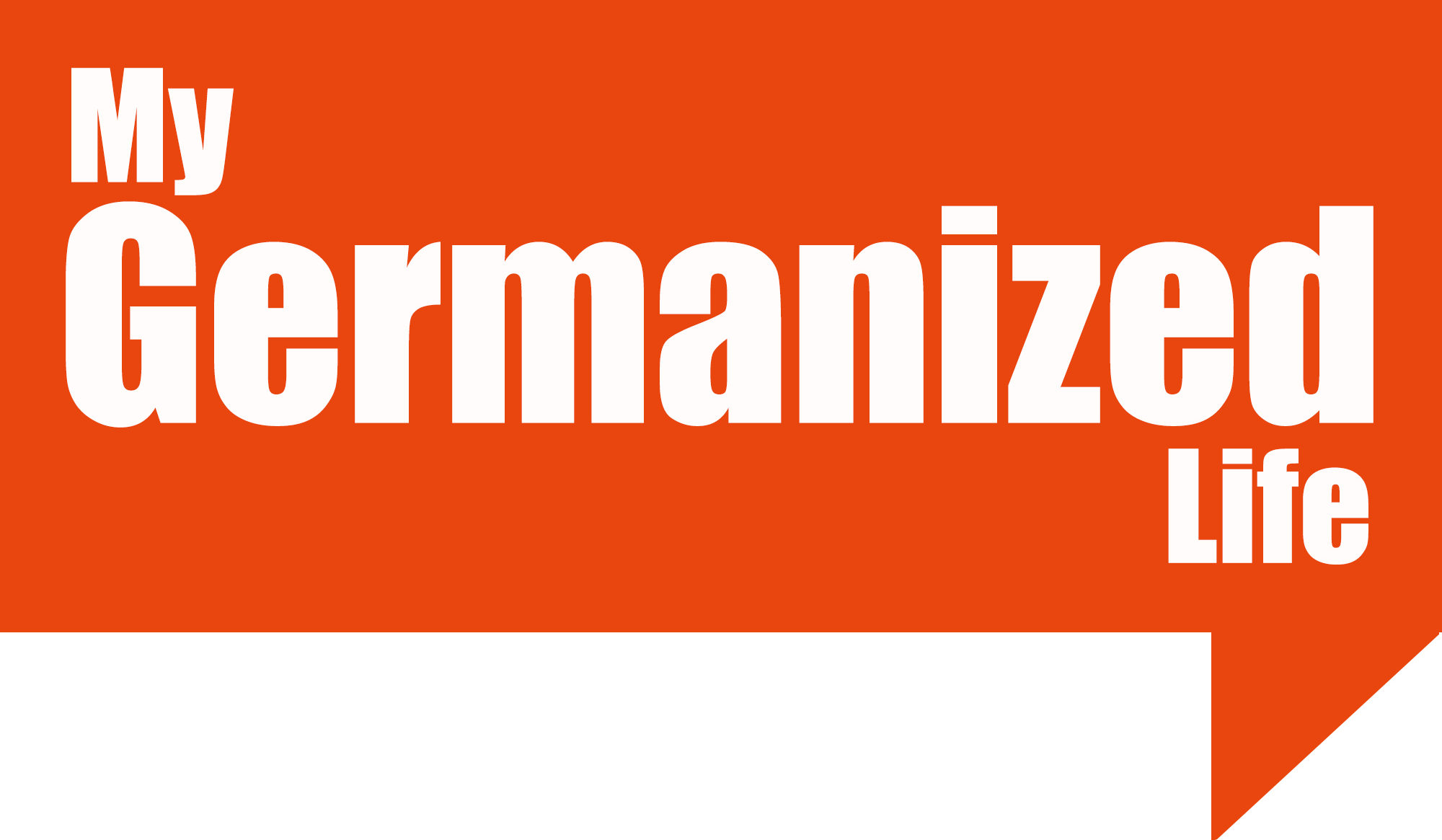
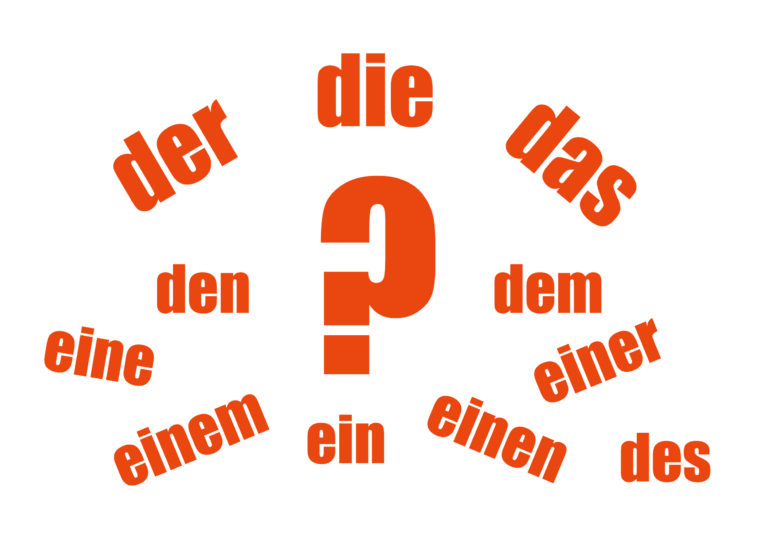

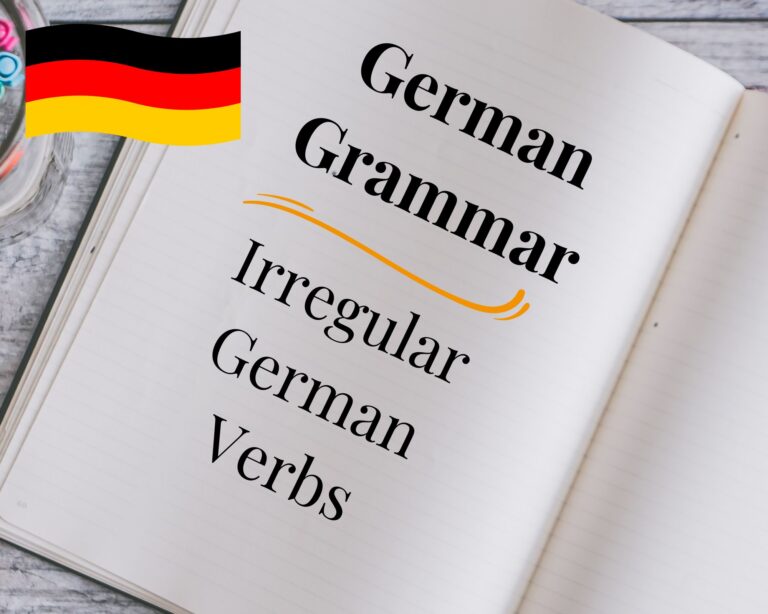
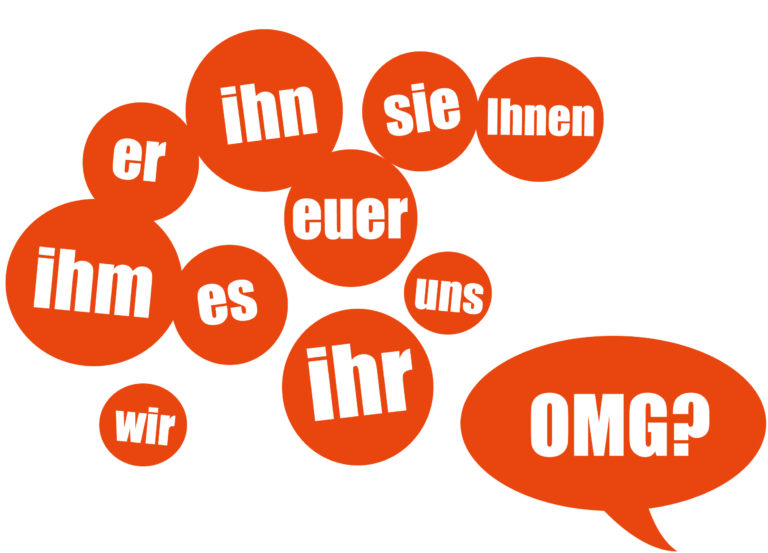
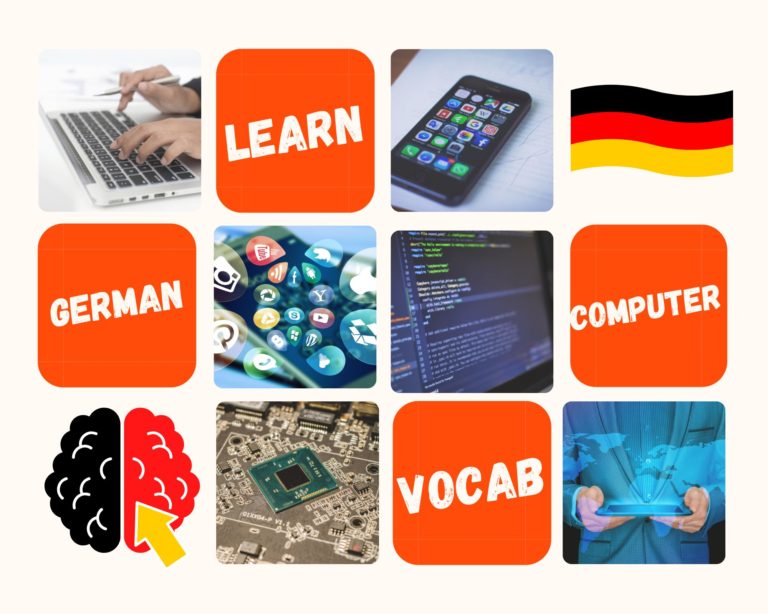

Hi there! This post couldn’t be written any better! Reading through this post reminds me of my previous room mate! He always kept talking about this. I will forward this article to him. Pretty sure he will have a good read. Thank you for sharing!